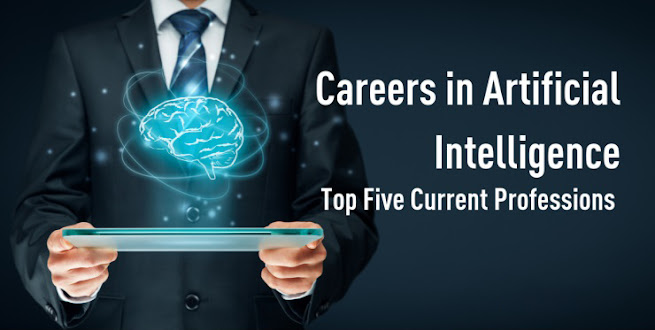What are the ethical implications of using AI in healthcare?
Artificial Intelligence (AI) has been revolutionizing the healthcare industry by automating tasks, assisting medical professionals, improving diagnosis and treatment, and aiding in drug discovery. The use of AI in healthcare has provided better outcomes for patients, reduced costs, and increased the efficiency of medical care. However, with the increasing use of AI in healthcare, there are ethical implications that must be considered.
The ethical implications of using AI in healthcare are numerous and complex, and they require careful consideration. In this blog, we will explore some of the ethical implications of using AI in healthcare.
Bias and Discrimination:
One of the major ethical implications of using AI in healthcare is bias and discrimination. The data used to train AI algorithms may be biased, leading to discriminatory outcomes. For example, an AI algorithm may be trained on data that is predominantly from white males, leading to biases against women or people of color.
It is important to ensure that the data used to train AI algorithms is representative and diverse to avoid bias and discrimination. Furthermore, it is essential to regularly monitor and audit AI systems to identify and address any potential biases.
Privacy and Security:
Another ethical implication of using AI in healthcare is privacy and security. AI algorithms require access to large amounts of personal and sensitive data, such as medical records, genetic information, and patient history. This data must be protected from unauthorized access and theft.
It is crucial to establish strict protocols for data privacy and security, such as encryption and secure access controls. Additionally, healthcare providers must ensure that patients are informed about how their data is being used and give them the right to opt-out if they choose to do so.
Accountability and Transparency:
Accountability and transparency are other ethical implications of using AI in healthcare. As AI systems become more complex, it becomes challenging to understand how they arrive at their decisions. This lack of transparency can make it difficult to hold AI systems accountable for their actions.
Therefore, it is necessary to establish clear guidelines and regulations for the development and use of AI in healthcare. Healthcare providers should also be transparent about how AI systems are making decisions and how they are using patient data.
Autonomy and Informed Consent:
The use of AI in healthcare may also raise concerns about patient autonomy and informed consent. For example, patients may not fully understand how AI systems are making decisions about their care, leading to a loss of autonomy.
To address these concerns, healthcare providers must ensure that patients are informed about how AI systems are being used in their care and obtain informed consent from patients before using AI algorithms to make decisions about their treatment.
In conclusion, the use of AI in healthcare has significant benefits, but it also raises important ethical implications that must be addressed. These include issues of bias and discrimination, privacy and security, accountability and transparency, and autonomy and informed consent. Healthcare providers and policymakers must work together to develop guidelines and regulations that ensure the responsible development and use of AI in healthcare.
Metalinks for extra knowledge:
To learn more about the ethical implications of AI in healthcare, check out this article by the American Medical Association (AMA):
This article by the World Health Organization (WHO) provides guidance on the use of AI in healthcare:
https://www.who.int/medical_devices/digital_health/ai-in-health-care/en/
The National Institutes of Health (NIH) has published a report on the ethical considerations of using AI in healthcare:






Comments
Post a Comment